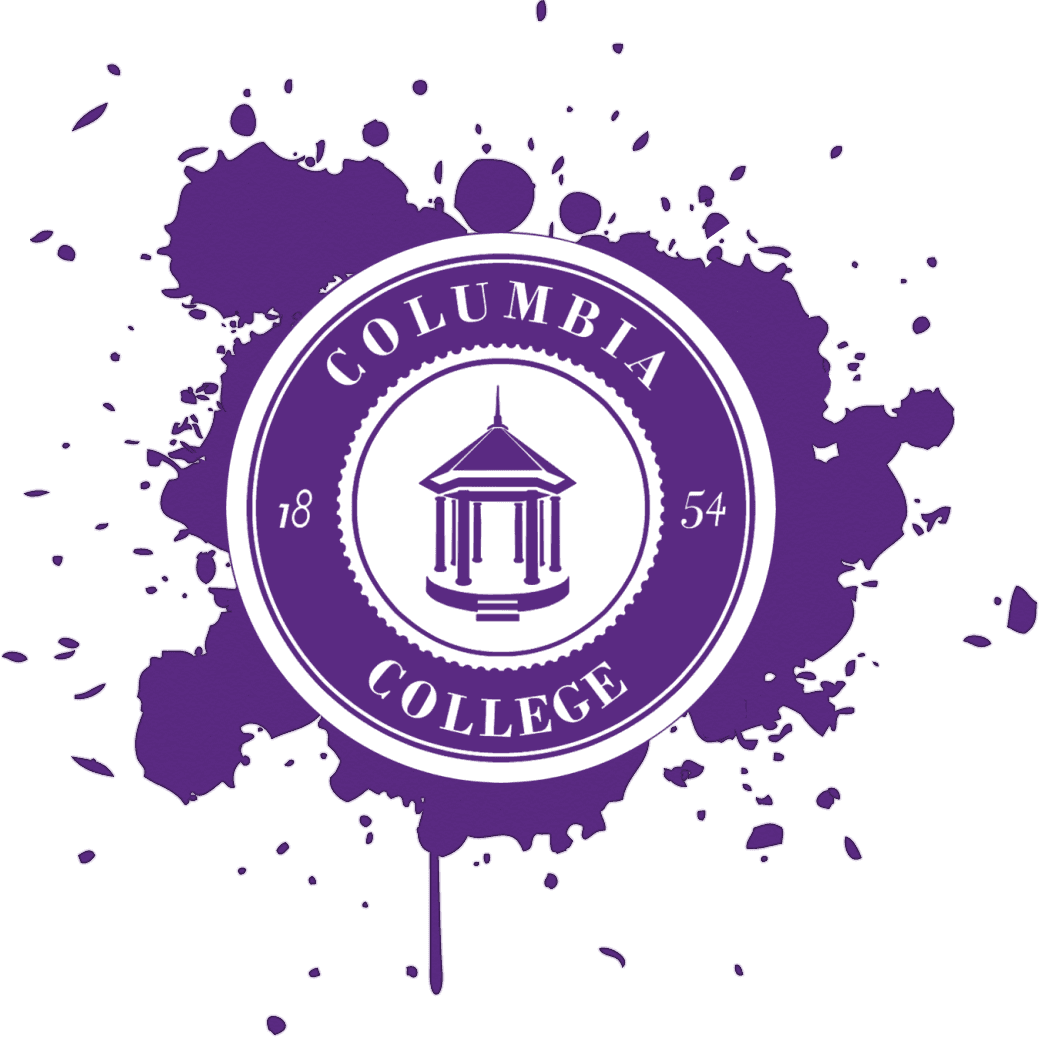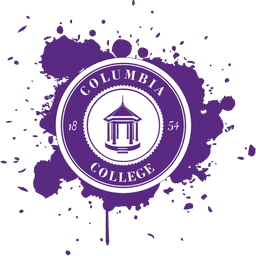
Columbia College
About
Columbia College was founded in 1854 as Columbia Female College by the Methodist Conference of South Carolina. The College, located on Plain Street, now Hampton, in Columbia, SC, opened to students in October 1859.
In 1865 during the height of the Civil War, the College closed as General Sherman’s troops approached Columbia but reopened in 1873. In 1904, the College dropped “Female” from its name and moved to Eau Claire after benefactors Frederick H. Hyatt and Col. John T. Sloan donated land.
In 1964, the campus survived a fire that destroyed the Old Main classroom building and the East Wing Dormitory. What remained of the columns became a symbol for the College and has since been incorporated into the logo.
Columbia College, a private institution, continues to serve as an institution for higher education with approximately 1,200 male and female students in both undergraduate and graduate courses.

Programs
Program Info
Upcoming Deadlines
Deadlines
Program Start
Rolling Deadline
FallRolling Deadline
Spring
Get Deadline Reminders
Application Fee & Annual Tuition
Learn how to get$100 Back
and apply for a$1000 Scholarship
$20,080
In State Tuition
$20,080
Out of State Tuition
$0
Application Fee
Ways to Lower Your Costs
Students at Columbia College have reduced the cost of their program using these methods. Check with Columbia College to see if you can, too!
Grants, Stipends, Scholarships
Call Me MISTER
Columbia College's 166-year history is rooted in developing exceptional teachers and leaders. We're proud to join the Call Me MiSTER program (Mentors Instructing Students Toward Effective Role Models), an initiative that fits squarely within our mission to prepare students for success in career, community, and life.
Call Me MiSTER launched at Clemson and has since extended to 25 institutions statewide. The program supports students from under-served, socio-economically disadvantaged, and educationally at-risk communities as they prepare to become teachers.
Full Amount
SC Create
Columbia College offers a fully distance/online Bachelor’s degree program that leads to initial licensure in Multi-categorical Special Education. No previous college coursework is required for CREATE funding. All individuals employed as SC public teacher assistants/paraeducators and other non-instructional staff who do not hold a Bachelor’s degree are eligible for either program. No district nomination required. Learn More.
For more information visit:Financial Aid Office
Certifications
Early Childhood Education Pre-K-3
Elementary Education 2-6
English Language Arts 9-12
Middle Language Arts 5-8
Middle Math 5-8
Middle Science 5-8
Middle Social Studies 5-8
Special Education / Multi-categorical Pre-K-12
Stats
Male
Female
6%
94%
American Indian or Alaskan Native
Asian
Black
Hispanic/Latino
Native Hawaiian/Other Pacific Islander
White
Two or more races
0%
1%
38%
4%
0%
56%
1%

